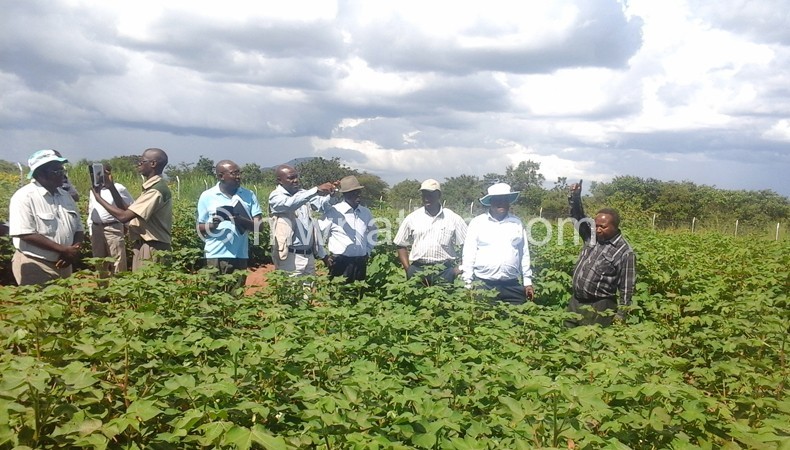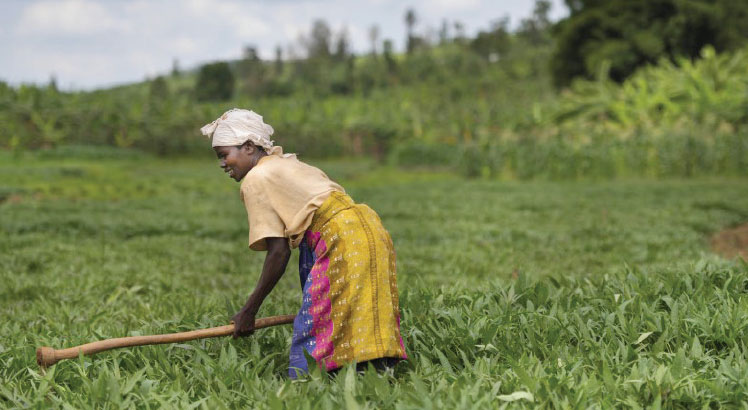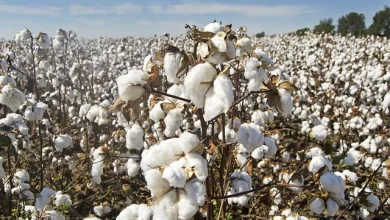GMO crops could enhance production—Afsta
The Africa Seed Trade Association (Afsta) has said national policies and regulations should support the coexistence and viability of conventional, organic and biotech systems in crop production to address food security issues.
Aghan Daniel, spokesperson of Afsta—a grouping of over 30 seed companies in Africa—said African countries need to embrace genetically modified organisms (GMO) crops.

He was speaking during a workshop recently, whose objective was to position the industry and its preparedness to provide planting materials of the released or to be released technologies.
“Agriculture is Africa’s principle economic activity and the use of agricultural inputs like improved seeds, pesticides and fertilisers continue to grow across the continent.
“The use of seeds improved by modern biotechnology (GM seeds) is poised to make inroads into African agriculture in the near future. In anticipation of this, there is need to address co-existence of biotech and non-biotech crops so that farmers are guaranteed the opportunity to grow the crops of their choice,” he said.
Currently, the Malawi Government in partnership with Lilongwe University of Agriculture and Natural Resources (Luanar) is currently doing GM cotton trials, which are at an advanced stage. One more trial is needed before the seeds can be given to the farmers.
Seed Trade Association secretary general Nessim Nyama said the institution recognises the importance of biotechnology.
“There have been a lot of discussions on the topic on its possible contribution towards food and income security. Notably, there are activities on cow peas and cotton with higher chances in the near future on other crops.
“It is in the same vein that we felt we needed to share with our partners on where we are in terms on GMO. We realise this is a necessary step, but it must be done after enough consultations,” he said.






Read more about this before you embrace – genetic engineering relies on high applications herbicides, pesticides, fertilizers and resistance is developing ‘superweeds’, pollinating insects are harmed and this all relies on fossil fuels which are harmful to our climate and environment. The seeds are patented with no shortage of lawsuits. The yields aren’t as promising as they are promoted (see Burkina Faso currently pulling out of the same product Bunda is trialling). Instead of altering genes, we could be embracing thousands of species and creating balanced highly productive agriculture systems from what we were given on earth.